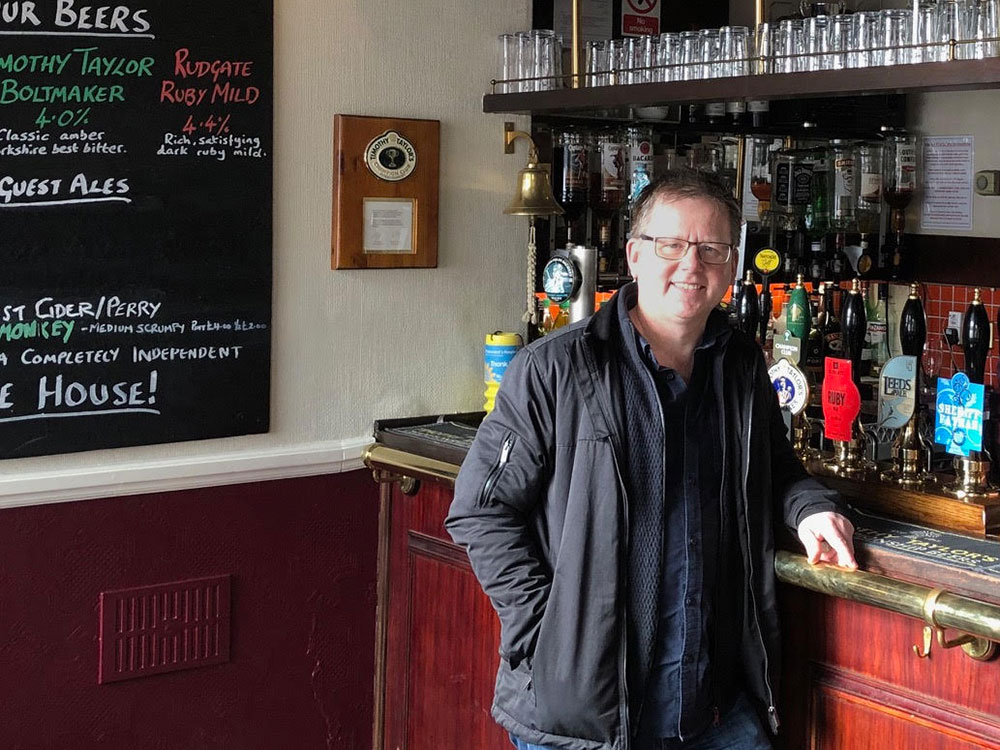York business leaders have been digesting the first Labour budget for 14 years this afternoon.
And they are worried about the extra costs piled onto traders by Chancellor Rachel Reeves.
She used her first budget to announce £40 billion a year in extra taxes, with money being poured into schools, hospitals, transport and housing.
But despite Labour’s promises to protect “working people”, a £25.7 billion increase in national insurance (NI) contributions paid by employers is likely to reduce wages and lead to job losses.
The NI rate will increase by 1.2 percentage points to 15% from April 2025, with payments starting when an employee earns £5,000, down from the current £9,100.
Chair of the York High Street Forum Phil Pinder told YorkMix: “Businesses are going to be bearing the brunt of the costs.
“Whether that will help in the long run, as there’s more money in people’s pockets, which could mean that businesses will feel the benefit as people spend more, we’re yet to see.”
The national minimum wage will rise by 6.7% next year in “a bit of a double whammy” for business.

The retail, hospitality and leisure industry will receive 40% relief on business rates from 2025/26, down from 75% Rachel Reeves said.
“So a £20K business rates bill which would have been £5K this year will be £12k next year – this after the Labour manifesto promised to abolish business rates,” Phil said.
“A real broken promise and a double blow to many businesses who would not have seen this coming.”
Paul Crossman runs three pubs in York – the Swan Inn, Slip Inn and Volunteer Arms. He also chairs the national Campaign For Pubs.
He said there was a “lot to unpick” in the budget. The change on the NI thresholds may help to alleviate the impact of the rate rise.
“I know everyone was really worried about employers NI, especially small businesses, but it looks like the bulk of the burden has definitely been targeted at bigger businesses,” he said.
If business rate relief had been removed altogether “that would have been a massive problem” – but bringing it down to 40% means “we will be paying more next year, but at least it isn’t the whole amount that everyone was really worried about”.
The Budget’s impact on individual pubs very much depends on their circumstances, he added.
“If they’re a very small business, and they’re really marginal, then it’s possible that the mitigations that are in place might save them.”
Slightly bigger concerns that are already on the edge “will probably struggle with some of what’s happened today”.
